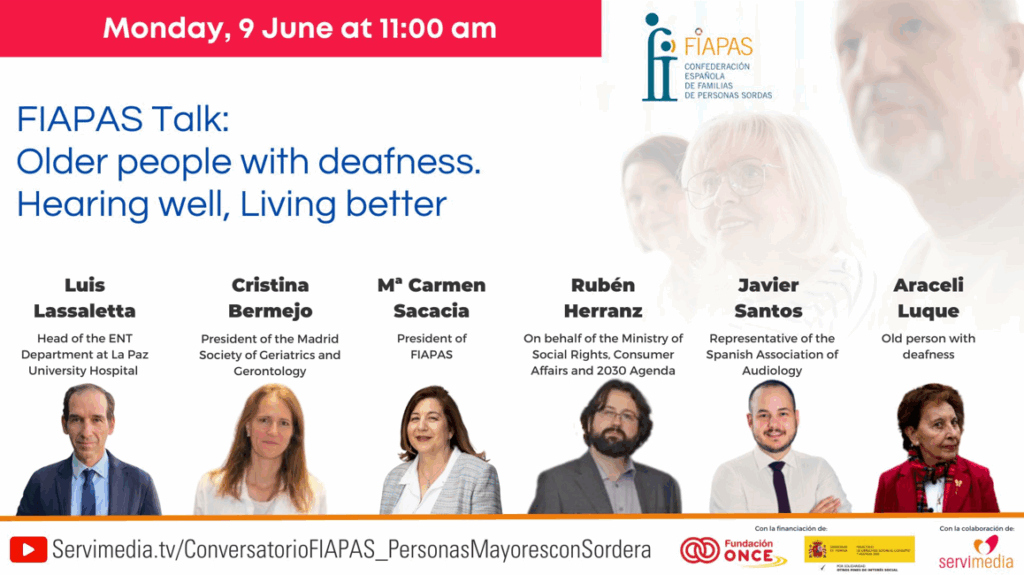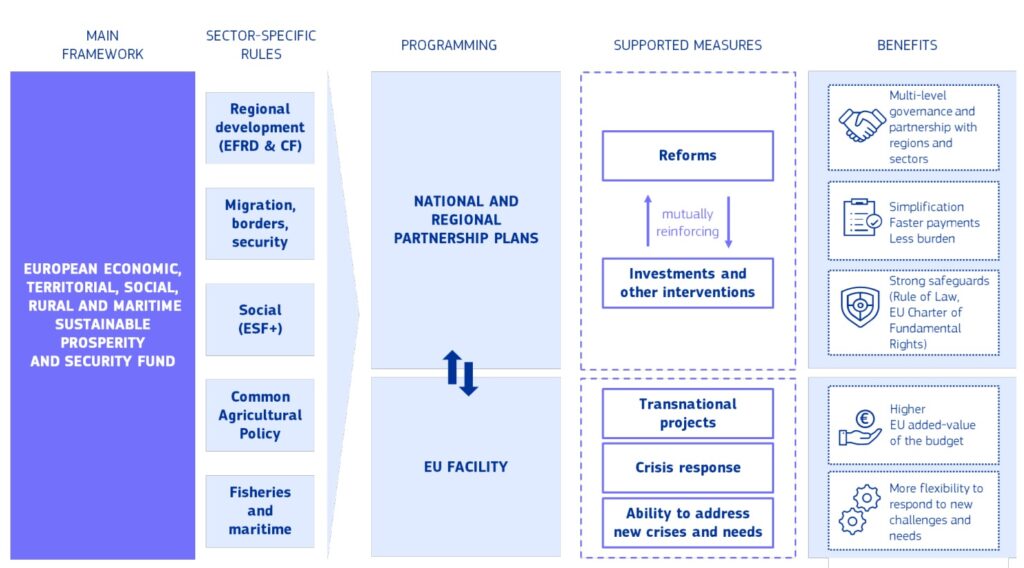We can show kids and teens the path and we can even make it safer for them, but we can’t always be there to hold their hands nor keep them from going out into the world – and the world wide web.
The environments that children are growing up in today are drastically different from the ones that we have known in the past. However, one thing is still the same: children and teens want to follow their curiosities, learn who they are and connect with other kids. Today they can do this from the palm of their hands.
While we can do our best to guide kids’ online activities and shape their habits, preventing them from encountering risks in online spaces is a daunting, if not insurmountable, challenge. Protecting curious, young minds will take concrete and collective action to minimise online risks and potentially harmful impact on their individual well-being. Our goal is to offer an online space to kids where they can safely reap its benefits, learn and socially interact with their peers, connect and engage in a secure way.
For the first time, pioneering rules are regulating the virtual world. The EU’s Digital Services Act aims at making online platforms and services safer, fairer, and easier to navigate. When it comes to younger users, the rules weave additional safety nets to protect them on social media platforms, content-sharing sites and search engines.
One thing the rules are tackling is something most of us know very well – targeted ads. One minute you are searching for new shoes, the next, shoes are all you see on the sides of websites, feeds and videos. These ads may sometimes be relevant and useful, but they are often also based on collection and processing of a very large amount of personal data which is very intrusive and concerning for privacy. For this exact reason, under the Digital Services Act, minors cannot at all be targeted by ads based on profiling. Research shows that children can be particularly susceptible to the influence of advertising, and even more so when it is carefully crafted advertising based on their preferences and data.
The online world is full of twists and turns and the new measures are making it easier for children to navigate these new horizons. They oblige platforms to write their terms and conditions in a way that everyone can understand, so that it’s easier to know what you are signing up for. When it comes to online services used predominantly by minors, digital services should pay particular attention to ensuring their young users can understand the conditions that apply when signing up to using social media platforms, websites, search engines, etc.
Every year, designated big tech companies that reach at least 45 million users in the EU will have to identify the potential risks that kids and teens are exposed to online and then find ways to minimise them. Some of these mitigation tools could include parental controls, effective age assurance, and easy ways for kids to find help if something goes wrong.
Besides these concrete tools that can help shield younger minds from potentially disturbing content or contacts, the virtual playground needs additional safety rails and supervision. Under the new rules, platforms will have to cooperate with trusted flaggers, which are appointed expert organisations that will flag illegal content to the platform, which is a big step forward towards cleaning up the online environment.
In addition, the Better Internet for Kids strategy (BIK+) supports the implementation of the DSA, by protecting, empowering and respecting young users online. As part of its tools to do so, the EU co-funded network of Safer Internet Centres offers support via helplines for those seeking help and assistance on online issues and hotlines to report child sexual abuse material. The network also provides awareness-raising activities on online safety in and outside of schools. On the BIK platform, students, teachers and parents can find resources for a responsible and balanced use of digital services and devices. Among others, it offers a guide on the most popular apps, including game apps, used by kids, with online safety tips and age ratings. In addition, the EU is working on a Code of Conduct for age-appropriate design, which online platforms can then choose to adopt to give children better and safer experiences online.
Furthermore, under the BIK+ and in line with the DSA, the Commission has committed to a range of actions on age assurance with an aim to protect children from content, contact and conduct which may harm them. The Commission aims for proportionate measures regarding age assurance, in line with the DSA risks-based approach. Considering various Member State initiatives on age verification and the recent designation of three adult content platforms under DSA[1], the Commission is in the process of creating a Task Force with representative of Member States to identify best practices and standards in the field of age assurance.
The Digital Services Act is taking a big leap forward in tackling the online risks that have real world impacts. With new tools to help users of social media platforms to defend their rights, new ways to scrutinise tech giants, and a world-leading risk management framework, the DSA supports the protection and empowerment of children and young people.
Are you curious about how the EU protects you online? Learn about the DSA and its safeguards for minors online in all EU languages in this explainer by the European Commission here.
[1] Commission designates second set of Very Large Online Platforms under the Digital Services Act | Shaping Europe’s digital future (europa.eu)
About the author:
Renate Nikolay serves as the Deputy Director-General for Communications Networks, Content and Technology of the European Commission. Her digital policy portfolio spans from the Digital Services and Digital Markets Acts to connectivity, data and media freedom. Prior to this role, she was Head of Cabinet of Věra Jourová, Vice President of the European Commission for Values and Transparency.
**DISCLAIMER: All opinions in this article reflect the views of the author, not of COFACE Families Europe**





